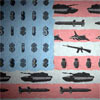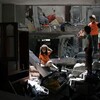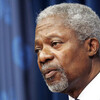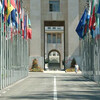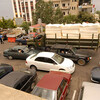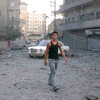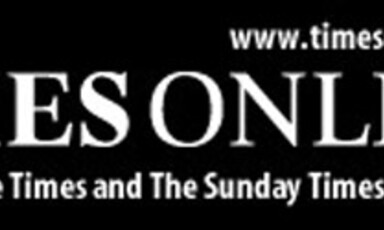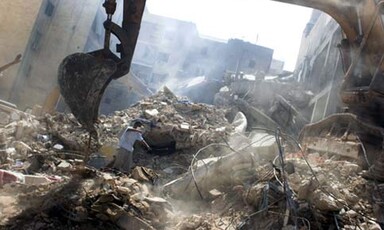
It was the rescuer who separated them
Beirut 9 August 2006
When I went home last night, I rushed to Kinda’s bed as usual. I pulled her arm and kissed her hand. For a second, I thought that her arm remained in my hand. Her small white arm left her shoulder and was in my hand. Suddenly she became parts and bits. Her foot was at one end of the bed, her leg was at the other. Parts and bits. My baby is nothing but parts and bits. Now, today, she is still in one piece. What is it that will prevent them from tearing her apart? What is it I can do to prevent them from tearing her apart? Baby Waad has in her mother’s arms. She stayed there when the building fell on them. It was the rescuer who separated them. Read more about It was the rescuer who separated them
